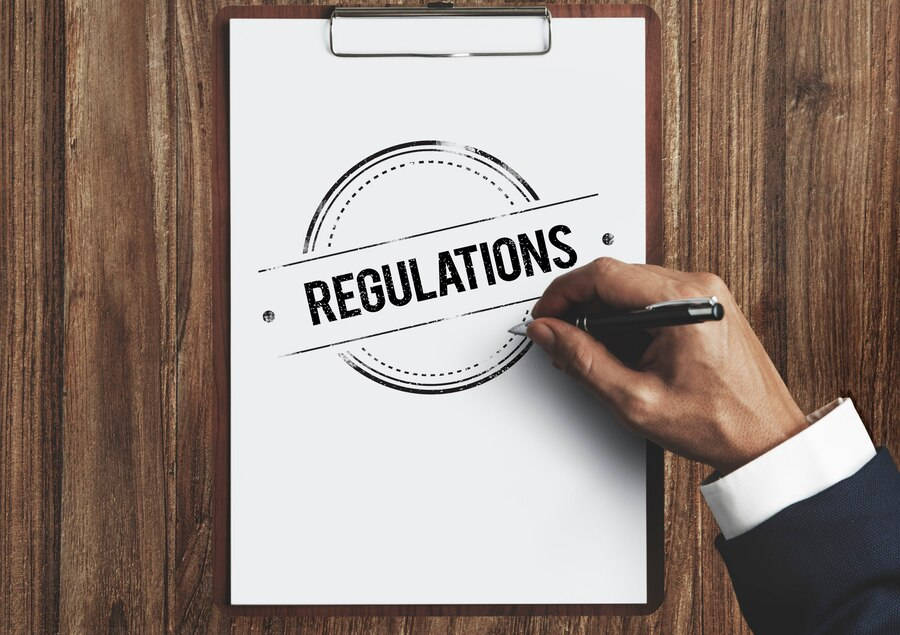Forex trading has become an exciting investment choice over time. Over 37% of the globe’s daily trading volume flows through the UK. According to Tokenist, the United Kingdom is a forex trading hub and the industry leader, with over 280,000 online traders in 2023. The Financial Conduct Authority (FCA) and the European Securities and Markets Authority (ESMA) regulate forex trading in the United Kingdom.
FCA Regulations
The FCA’s regulatory structure, formed in 2002, promotes the UK as a leading financial industry location. Their primary goal is to safeguard consumers trading forex from possible scams and fraudulent activities while ensuring the integrity and stability of the UK’s financial systems.
The FCA enforces several critical legislation, including the necessity for forex brokers to be licensed and regulated. Any company or individual providing forex trading services to UK citizens must get FCA permission. To acquire a licence, brokers must fulfil stringent requirements such as having adequate capital reserves, keeping separate client accounts, and following risk management measures.
The FCA’s regulatory framework also compels forex brokers to follow rigorous customer money protection laws. This implies that client funds must be maintained in separate accounts from the broker’s operating finances to protect traders’ money in the case of the broker’s collapse. The FCA also requires brokers to join the Financial Services Compensation Scheme (FSCS), compensating qualified consumers if a regulated business fails to satisfy its financial commitments.
Another primary rule implemented by the FCA is the need for brokers to offer transparent pricing and fair execution. Forex brokers must publish their pricing methodology, including spreads, commissions, and other fees, so traders understand the expenses involved. Brokers are also expected to execute deals quickly and adequately without conflicts of interest.
The FCA has imposed rigorous limits on advertising and marketing techniques to safeguard market integrity. Forex brokers must ensure that their advertising materials are fair, straightforward, and not deceptive. They must also avoid misleading statements or guarantees regarding possible earnings or returns.
The FCA has established forex leverage limitations to safeguard ordinary traders from undue risk. Currently, retail clients are authorised with a maximum leverage of 30:1 for major currency pairings and 20:1 for non-major currencies. This allows traders to only trade with a portion of the whole value of their position, lowering the risk of severe losses. Professional traders who satisfy specific requirements can access greater leverage levels only after a suitability examination.
In addition to FCA laws, European Securities and Markets Authority (ESMA) regulations cover forex traders in the UK.
European Securities and Markets Authority
European Securities and Markets Authority (ESMA) is an autonomous EU institution in Paris that serves as the pan-European financial markets watchdog. While it does not grant licences, ESMA controls all other European national regulators, making it a supranational regulatory authority and one of the world’s most prominent financial market enforcement organisations.
The ESMA seeks to standardise regulations and safeguard investors within the European Union. ESMA regulations include leverage limitations, negative balance protection, and prohibitions on binary options trading.
This Authority oversees financial markets throughout Europe and collaborates closely with national regulators to ensure that financial markets are safe and secure for customers and do not pose a systemic danger to the economy.
For example, in 2019, the ESMA implemented product intervention measures for forex, CFDs, and spread betting products. The regulations were implemented throughout Europe, and European national regulators were required to guarantee that their licensed firms comply. ESMA is also the principal administrator of MiFID II and MIFIR, the two key frameworks that govern Europe’s forex, CFDs, and other over-the-counter products.
The MiFID II Directive requires ESMA to coordinate financial markets across EU/EEA member states. This regulation allows any broker regulated in one of the EU member states to provide services in other EU/EEA member states. For example, a forex broker regulated in Germany can offer services in Spain and vice versa.
One of the most essential criteria imposed by ESMA is negative balance protection, which ensures that traders do not lose more money than they have in their trading accounts. There have been situations where traders owe money to their broker due to a negative trading account balance.
Brokers cannot provide retail traders bonuses, rebates, or other financial incentives. The goal is to dissuade novice traders from entering the market for their benefit. According to ESMA laws, brokers must restrict the leverage allowed on various trading products. For significant currency pairings such as EUR/USD, retail traders can get a maximum leverage of 1:30. More volatile assets have lower leverage; for example, bitcoin CFDs can only be provided at 1:2 leverage.
Brokers must also execute their clients’ transactions at the best price and provide frequent reports displaying execution venues and ensuring execution quality.
UK as a Global Leader in Regulated Forex Trading
Forex trading in the UK is a legal and regulated activity controlled by the Financial Conduct Authority (FCA). The FCA and ESMA laws seek to safeguard investors and maintain market integrity by imposing stringent requirements on brokers. Trading with registered brokers and complying with these standards allows traders to reduce risks and have a more secure trading experience.









